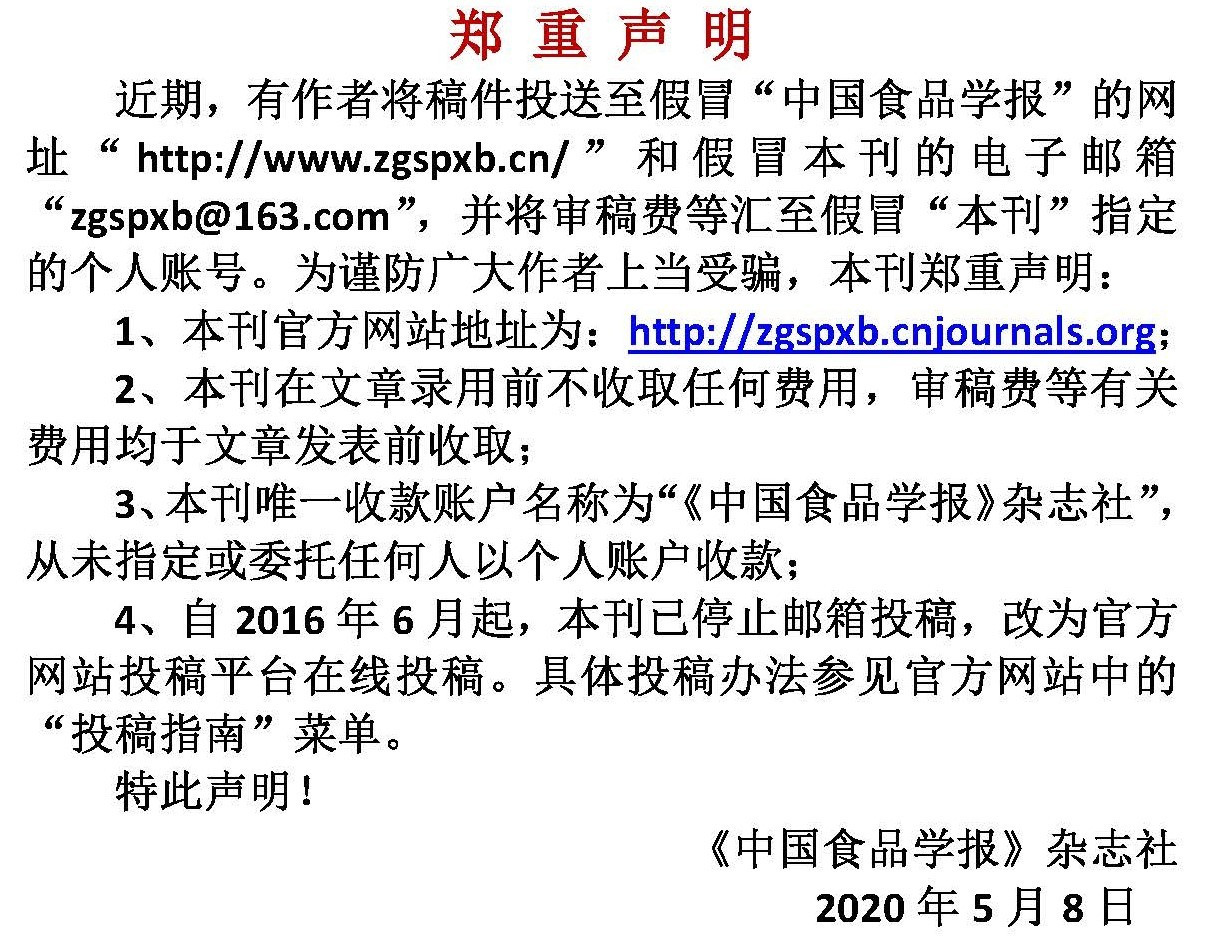天然抗菌肽的分子结构与功能特性研究进展
作者:
作者单位:
作者简介:
通讯作者:
中图分类号:
基金项目:
天津市企业科技特派员项目(18JCTPJC54000);天津市自然科学基金重点项目(18JCZDJC34100)
Research Progress on Molecular Structure and Functional Characteristics of Natural Antimicrobial Peptides
Author:
Affiliation:
Fund Project:
引用本文
孟德梅;刘庆艳;郭雅君;樊振川;杨瑞;生吉萍;.天然抗菌肽的分子结构与功能特性研究进展[J].中国食品学报,2019,19(10):342-350
复制相关视频
分享
文章指标
- 点击次数:
- 下载次数:
- HTML阅读次数:
历史
- 收稿日期:
- 最后修改日期:
- 录用日期:
- 在线发布日期: 2019-11-21
- 出版日期:
文章二维码

版权所有 :《中国食品学报》杂志社 京ICP备09084417号-4
地址 :北京市海淀区阜成路北三街8号9层 邮政编码 :100048
电话 :010-65223596 65265375 电子邮箱 :chinaspxb@vip.163.com
技术支持:北京勤云科技发展有限公司
地址 :北京市海淀区阜成路北三街8号9层 邮政编码 :100048
电话 :010-65223596 65265375 电子邮箱 :chinaspxb@vip.163.com
技术支持:北京勤云科技发展有限公司
